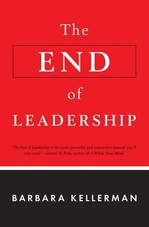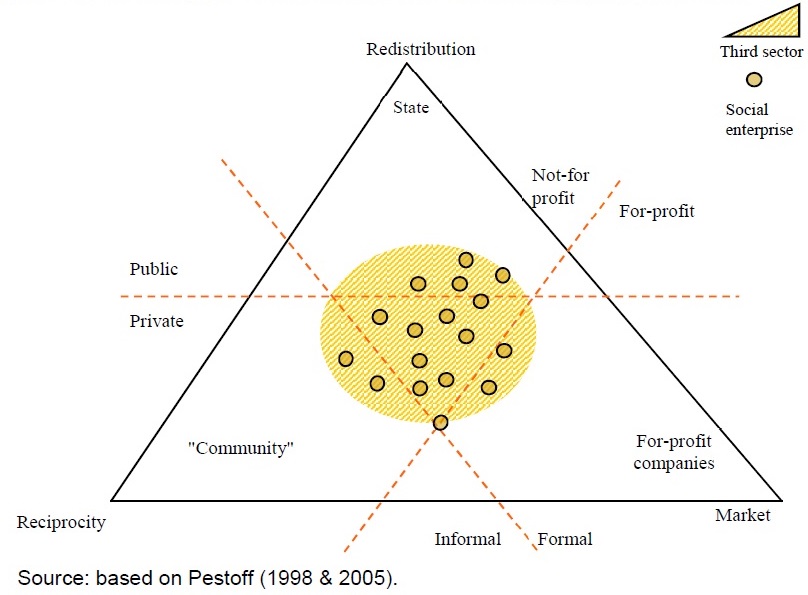 While discussing the proceedings of a recent discussion with a friend of mine, he recommened to read the new book by Barbara Kellerman: "The END of Leadership". He argued that the business schools worldwide are producing CEOs that are trained in what he calls 'case-study leadership'. This triggered me to evaluate the way development workers have learnt to be accountable. You identify a success story and share it. You identify a failure and show how you have learnt from it and you are done. Of course your numbers should also be checked. But otherwise little is being contested by those funding your initiative. Could it be that the way we have been trained (running projects discussing case-studies) has not really been helpful in dealing with the complexity the world has on offer? Is critical thinking being valued by aid organizations? Do we capitalize on mind-sets that divert from our own? This week I attended the 4th EMES conference on Social Enterprising in Liege. Surely it offered alternative leadership models. But what is even more important, the EMES network brings together thinkers that are considering alternative economic models, emphasizing the importance of the social economy. Worth investigating in times where countries like Brasil and Egypt face fierce challenges in reshaping society and arriving at improved governance models. Yesterday, after the conference, a new project (ICSEM) was launched with the aim of mobilizing bright brains from around the world in helping to identify the contribution of social enterprises to the above ambition. Comments are closed.
|
About meMy name is Reinier van Hoffen. U®Reading
Click here for a summary.
Also find the text of a lecture Dr. Achterhuis held at the 2012 Bilderberg conference. Archives
August 2022
|
AddressNachtegaallaan 26
Ede, the Netherlands |
Telephone+31 (0)6 1429 1569
|
info@uraide.nl
|

 RSS Feed
RSS Feed
















